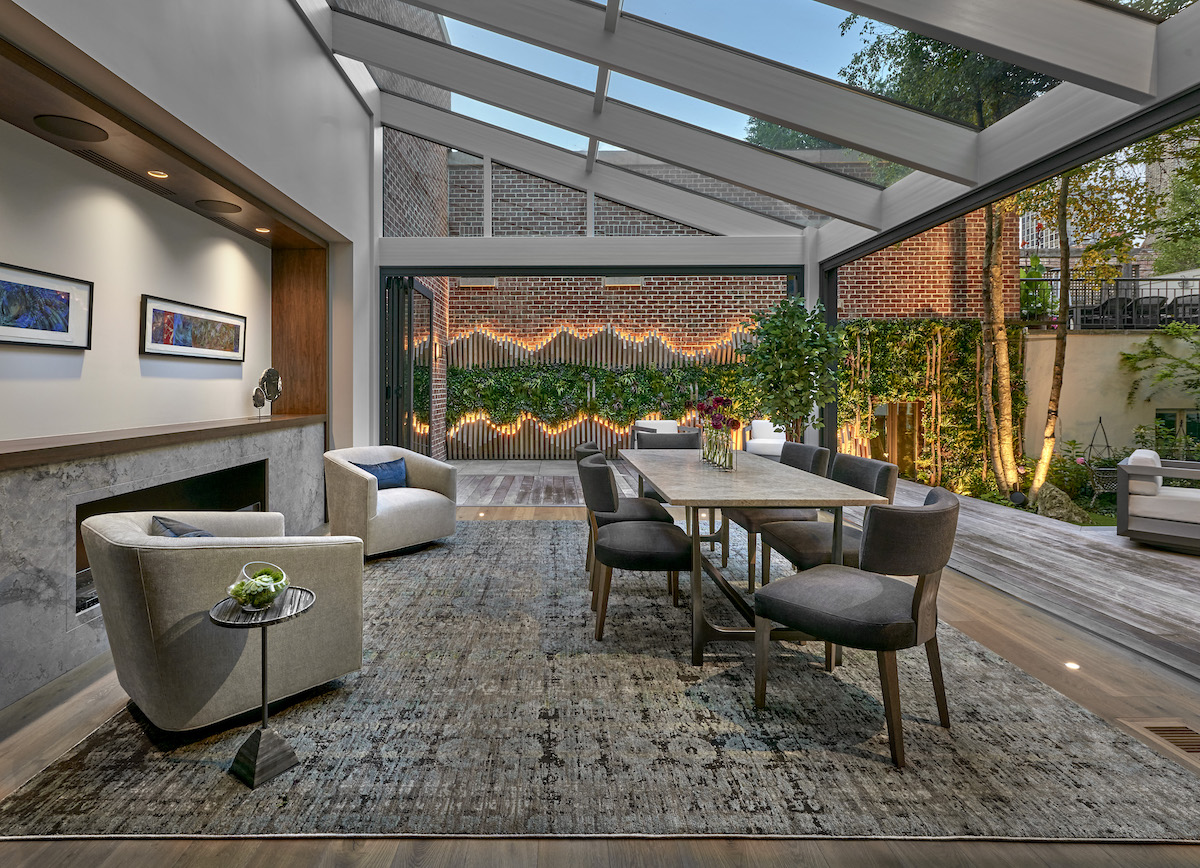Work on a Willy-Wonka-style, sideways-moving elevator is underway at German powerhouse ThyssenKrupp. The elevator will utilize Maglev, the same technology responsible for Shanghai's Transrapid train, and may reduce buildings' elevator footprint by up to 50%. Trials will begin in 2016.
In other words, the MULTI presents a cable-free opportunity for architects to pursue their wildest dreams for urban skyscrapers. Take a look at ThyssenKrupp's promo video:
According to a ThyssenKrupp executive, "Per year, New York City office workers spend a cumulative amount of 16.6 years waiting for elevators, and 5.9 years in the elevators. This data provides how imperative it is to increase the availability of elevators." With the MULTI, ThyssenKrupp promises these office workers will never wait longer than 30 seconds for an elevator car's arrival.
The company compares the use of one-cabin elevator shafts to a one-car railway systems—i.e. if only one Acela ran between Washington and Boston. ThyssenKrupp considers this system patently obsolete, and sees innovation in elevator technology as a catalyst for more efficient and avant-garde urbanization (think Jigsaw-style skyscrapers and perfected towers of Pisa).
The planned test site for the MULTI is a 300-meter-high tower in Rottweil, Germany. The building is being constructed exclusively for ThyssenKrupp's experimentation, and will be converted later into Germany's highest viewing tower.
Should the elevator succeed, the effect will be less dumbwaiter and more metro system, with cars running along loops rather than in lines. The new shafts will be significantly smaller than the ones currently required by cable-strung elevators, but may accommodate twice the number of passengers. ThyssenKrupp calls the MULTI will be the most significant innovation in elevator technology since its invention in 1854. The claim is a bit of a stretch—elevators have been around in some capacity since 236 BC and a steam-powered version debuted in 1823—but the MULTI will be a marvel nonetheless.
ThyssenKrupp has competition from American company MagneMotion and Japanese Hitachi, which are working on cable-less and multi-cabin systems respectively.
Photos and video courtesy of ThyssenKrupp







